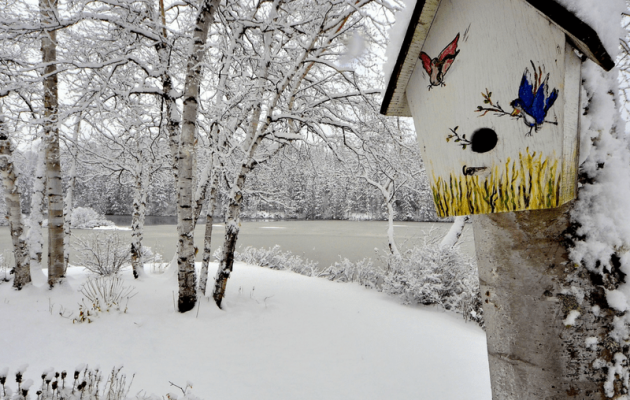Common Property Insurance Claims During Winter
From late fall to early spring ice, snow, sleet, and freezing temperatures reach many areas of the United States causing damage to homes and businesses nationwide. The good news is there are ways to protect your property from many forms of winter storm damage; the bad news is a standard insurance policy will not cover for every type of winter weather peril that may occur and extra coverage may be needed.
Roof failure caused by snow or ice commonly spikes during winter months. The weight of snow can fluctuate depending on whether or not it is fresh, compact, or icy, making its appearance on a roof deceiving. According to USA Today:
"Ten inches of fresh snow equates to about five pounds per square foot, which means your roof likely can support four feet of fresh snow. Packed snow, however, weighs more: two feet or more of old snow is enough to exceed weight limits. Old snow and new snow combined can easily exceed load capacity. Just two feet of each could collapse a roof. And don't forget to add ice to the equation. An inch of ice is equal to the weight of a foot of fresh snow."
Shoveling off, raking your roof regularly, or hiring a qualified professional is highly recommended. It’s not only roofs that have a hard time withstanding the impactful weight of ice and snow, trees can also succumb causing damage to properties as well. It is advised to check trees for dead limbs, and to have any trees removed from your property during the warmer months that are not in good health.
Winter weather-related damage can start on the exterior of your property and quickly make its way inside through means such as ice dams. Ice dams can cause interior water damage by preventing melting snow/water from draining off of the roof and trickling back inside the property instead via ceilings and walls.
Freezing temperatures cause much concern for frozen and burst pipes. Burst pipes can cause major water damage and if not promptly recognized can also cause mold damage. Those who are vacationing, have an unoccupied property, or will be away for an extended period of time should be sure the furnace is in working order, proper heat is maintained, or shut off the water for the duration of your absence.
House fires are another common peril in the winter for several reasons including the increased use of heating and lighting systems, poorly maintained appliances, and outdated electrical systems. Maintenance of furnaces and fireplaces is essential. Proper usage of space heaters, extension cords, holiday decorations and more is also a necessity for fire prevention. If a house fire occurs, there will not only be damage from the fire itself but also ensuing smoke, soot, and water damage.
Challenges of Winter Weather Claims
Unique challenges may arise when filing a winter weather related property insurance claim. For example, in the case of water damage from frozen pipes property owners should be prepared to prove that the heat in the structure was being maintained and monitored periodically.
Insureds may also need to prove that the damage that occurred from the winter weather was the result of a covered peril. For example, some policies do not cover the water damage caused from ice backups.
Because of these exposures, property owners should consider hiring a professional such as a public adjuster who can help with filing, estimating, negotiating, and settling property insurance claims for the maximum amount on behalf of the policyholder.












